A Level Physical Education
Why should I study A Level Physical Education?
![]()
A Level Physical Education is a multi-disciplinary subject which covers a wide variety of topics associated with the world of sport and physical activity. As well as learning about Anatomy and Physiology, students will also have the opportunity to study sports psychology, the history of sport and contemporary issues in Sport.
Studying this course will give you a fantastic insight into the amazing world of sports performance. Not only will you have the chance to perform or coach a sport through the non-exam assessment component, you will also develop wide-ranging knowledge into the how and why of physical activity and sport.
This will prepare you for either further study on a sports-specific degree course or to begin an apprenticeship in the sport and leisure industry.
Studying this subject will enable you to:
- Develop theoretical knowledge and understanding of the factors that underpin physical activity and sport and use this knowledge to improve performance.
- Develop your ability to analyse and evaluate to improve performance.
- Refine your ability to perform effectively in physical activity and sport by developing skills and techniques and selecting and using tactics, strategies and/or compositional ideas.
- Understand how physiological and psychological states affect performance.
Course Specification
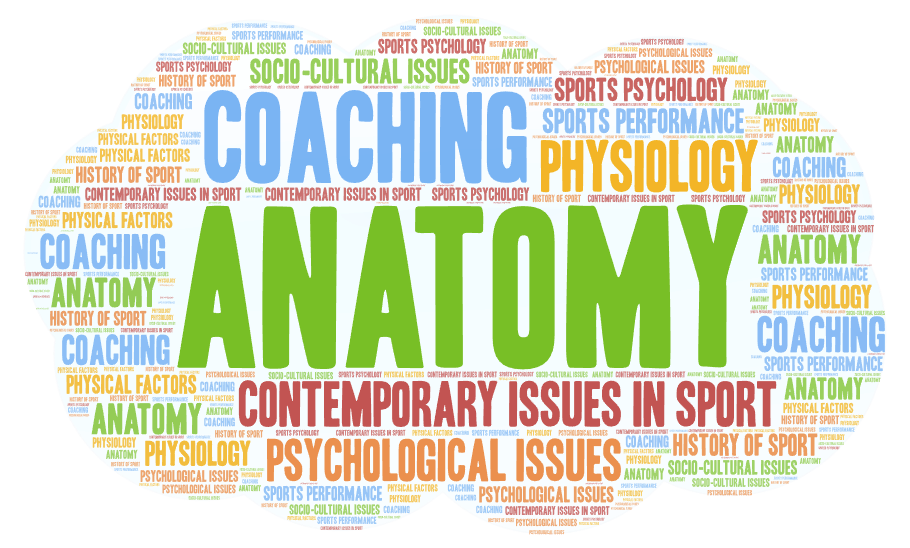
This course provides students with the exciting opportunity to gain a deeper understanding of PE. Stimulating content is at the heart of this engaging qualification, and encourages you to immerse yourself in the world of sports and PE.
A Level Physical Education is studied though a range of different contexts. You will learn the reasons why we do things and why some people outperform others – mentally and physically. You will also delve into the ethical considerations behind the use of drugs and also the influence that modern technology is having on physical activity and sport.
The A Level PE specification content is divided into four components. Each component is further subdivided into topic areas and the detailed content associated with those topics.
Component 1 - Physiological factors affecting performance
This component focusses on developing your knowledge of the science behind physical activity. This includes the structure and function of key systems in the human body, the forces that act upon us and the adaptations we make to our bodies through diet and training regimes.
Component 2 - Psychological factors affecting performance
This component focusses on the psychological factors affecting physical activities and sports.
This includes models and theories that affect learning and performance in physical activities, how different methods of training and feedback work and why their effectiveness differs from person to person. It also includes psychological factors affecting group dynamics and the effects of leadership and stress on performers.
Component 3 - Socio-cultural issues in physical activity and sport
This component focusses on the sociological and contemporary issues that influence and affect physical activity and sport for both the audience and the performer and how sport affects society.
Component 4 - Performance in physical education
- Practical Performances - Performance or coaching of one activity is taken from the approved list.
- Evaluating and Analysing Performance for Improvement -here you will analyse and evaluate a peer’s performance. (The activity which is analysed and evaluated must be taken from the approved list.)
Examining Board Information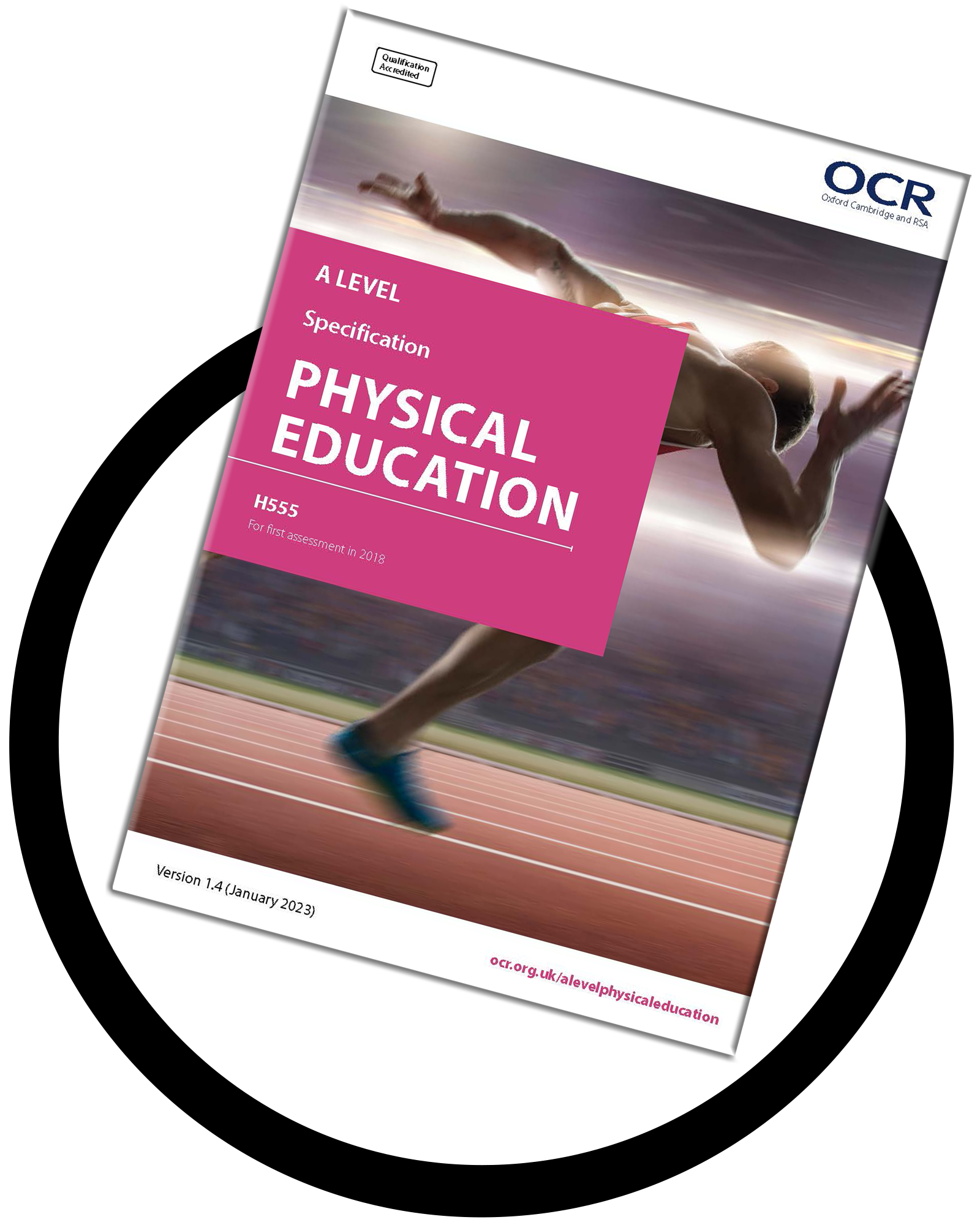
Board: OCR
Course Code: H555
Click the image on the right to download the full course specification.
Sports Facilities
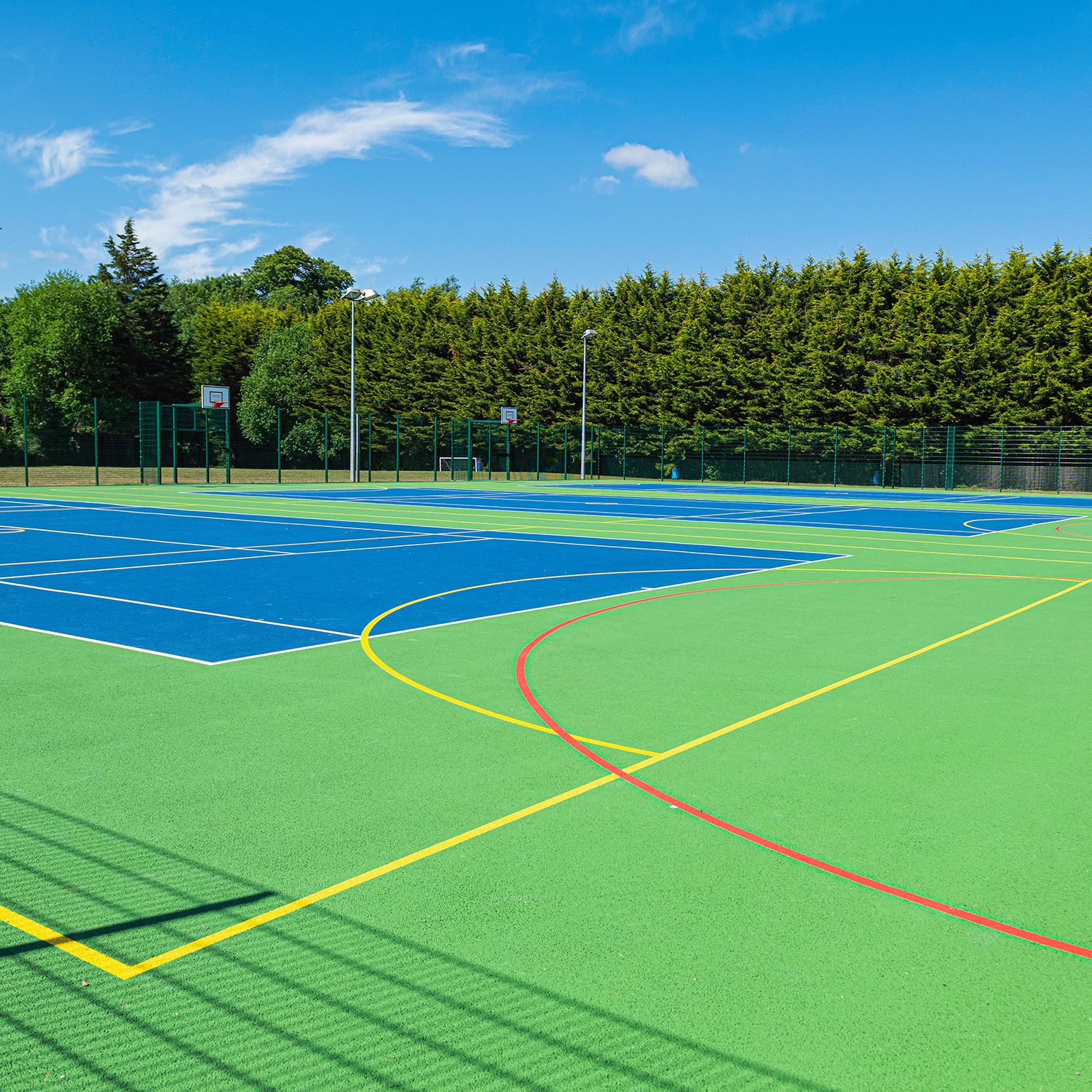
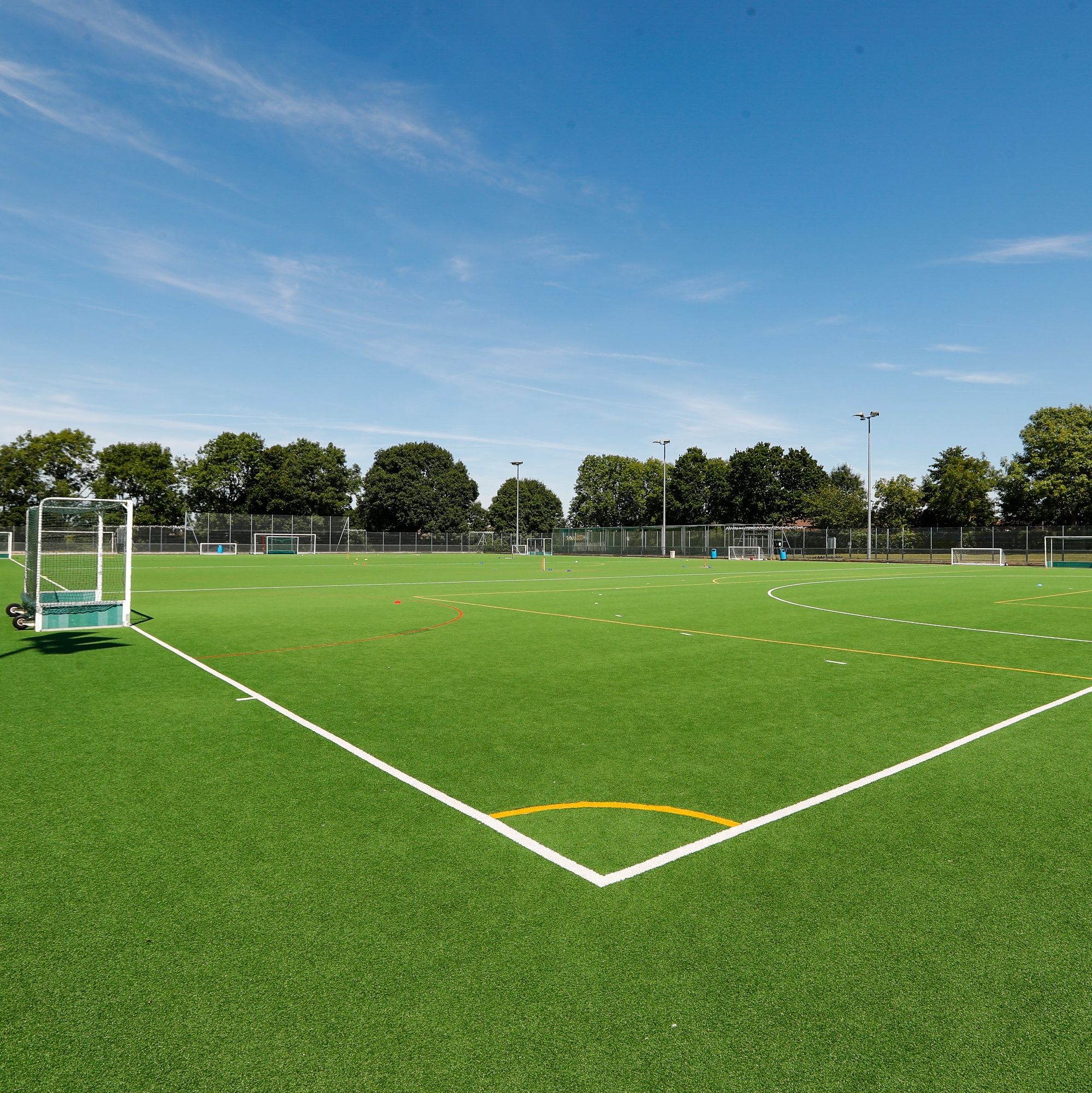
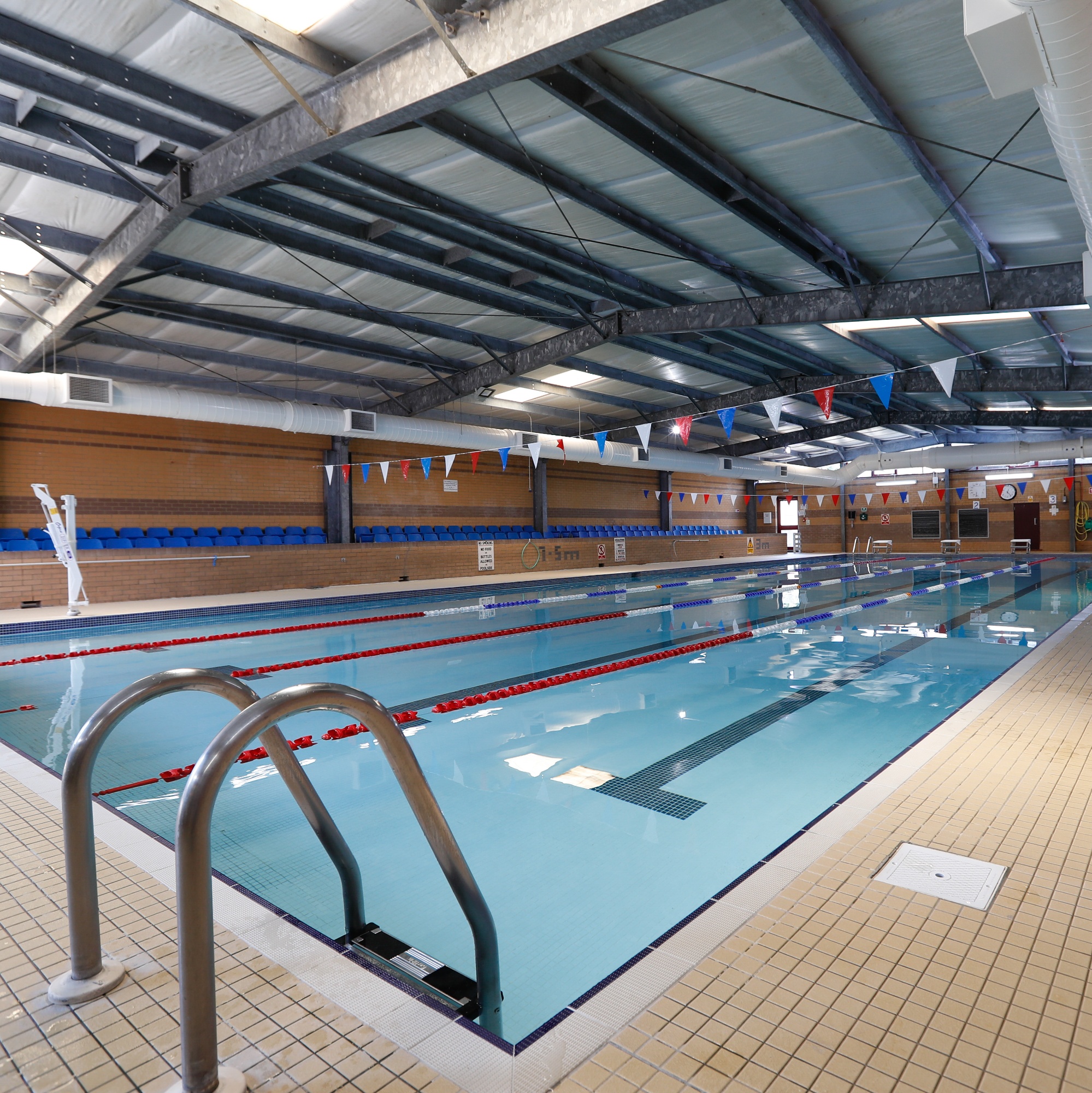
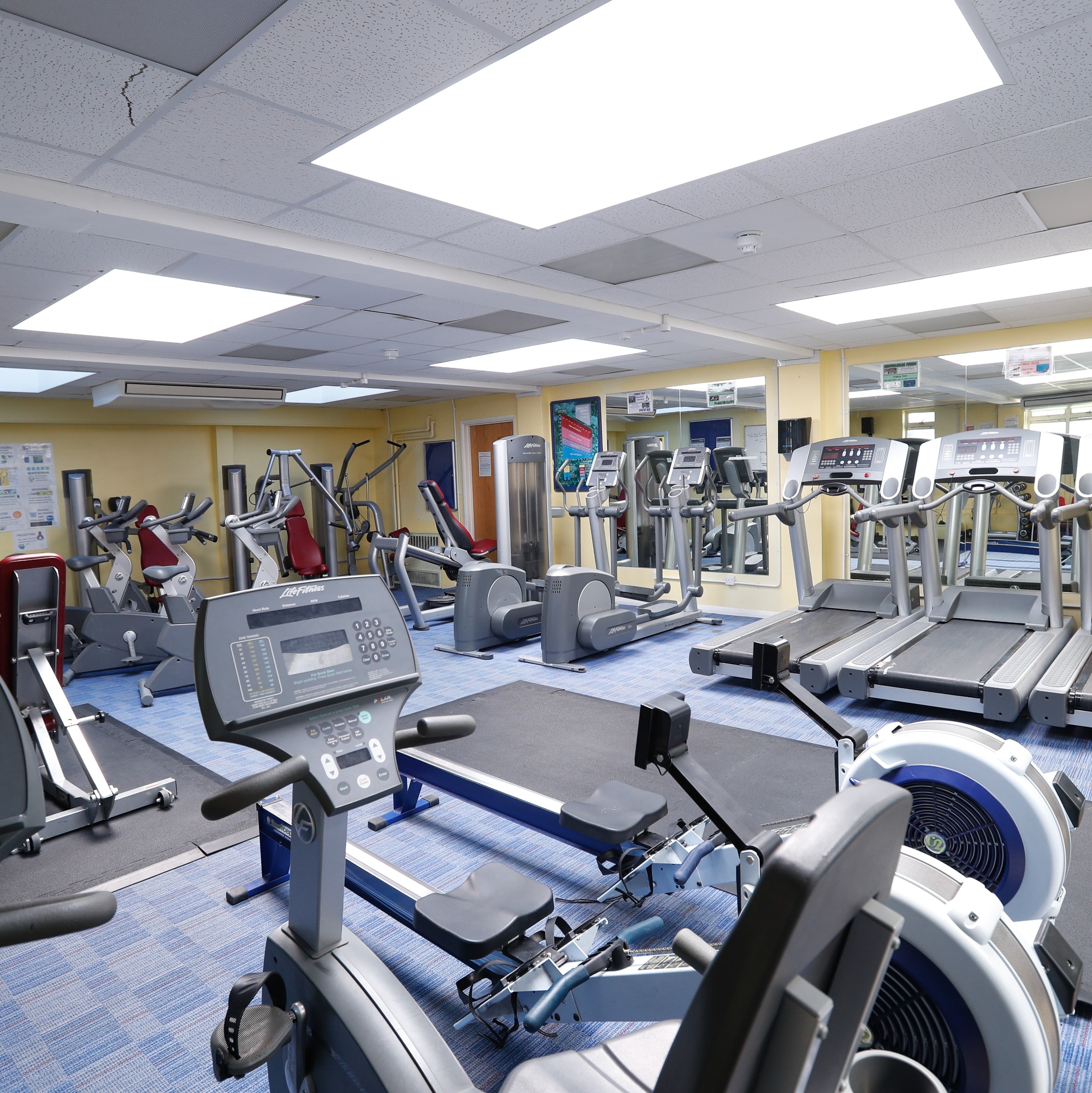
Sports Facilities
At Warlingham, we are proud of the large range of Sports facilities we have. These facilities will be available for College students to use during lessons and also during extra-curricular clubs.
Newly refurbished All Weather Courts
- 3 netball courts
- 3 tennis courts
Astro Turf
- Full size football pitch
- Full size hockey pitch
- 3 five-aside football pitches
Field
- 8-lane 400m track
- Long jump pit
- Throwing cage
- Shot put and javelin throwing areas
- Cricket pitch
- 4 rounders pitches
- 2 softball pitches
- 1 rugby pitch
- 2 football pitches
Gymnasium
Tennis Courts
- 9 courts
Trampolines
- 4 medium competition beds
Indoor Swimming Pool
- 25m pool with 4 lanes
Fitness Suite
- Cardio machines including: treadmills, bikes, cross-trainers and rowers, resistance machines, chest press, shoulder press, lat pulldown, free weights and bench press
Sports Hall with newly-refurbished floor
- 1 basketball court
- 1 netball court
- Indoor football pitch
- Indoor tennis court
- Volleyball court
- 4 badminton courts
Assessment Format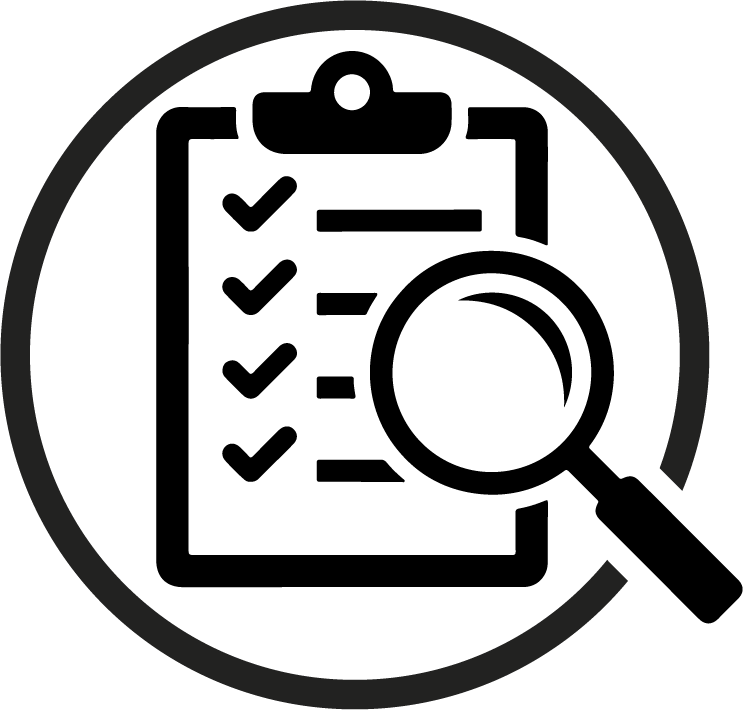
Component 1
Written paper (2 hrs). This paper is worth 30% of the A Level.
Component 2
Written paper (1 hr). This paper is worth 20% of the A Level.
Component 3
Written paper (1 hr). This paper is worth 20% of the A Level
Component 4
Non-examined assessment worth 30% of the A Level. Students are required to perform one physical activity from the recognised list of sports and deliver an oral presentation on another student’s performance.
Course Entry Requirements
This course requires a Grade 6 or above in GCSE Physical Education plus a Grade 5 or above in GCSE Science. Students who did not take GCSE PE or Sport Science will be considered on an individual basis.
Employability Skills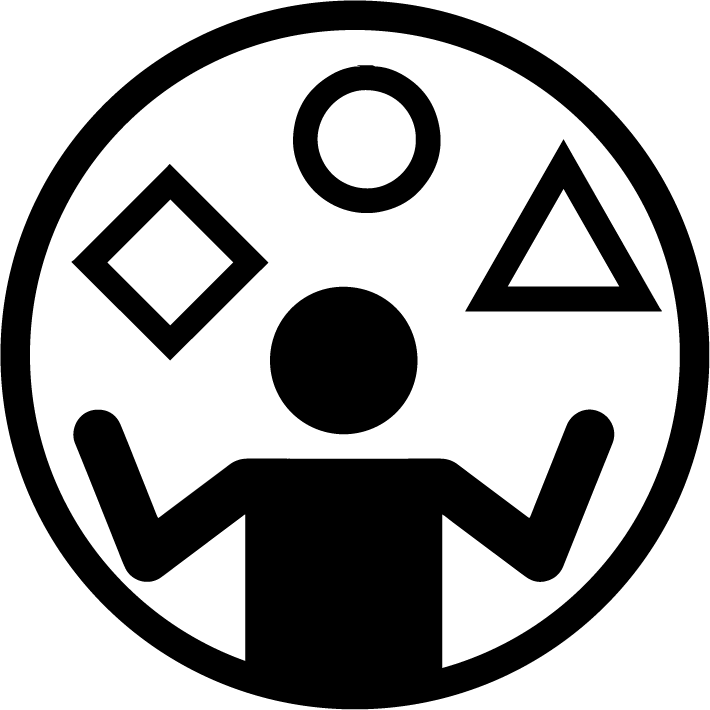
Employability Skills are essential skills, personal qualities and values that will enable you to thrive in any workplace. Along with good technical understanding and subject knowledge, employers often outline a set of skills that they want from an employee.
This course will help you to develop the following employability skills:
- Time Management and working to deadlines to complete assignments and meet deadlines.
- Organisation and planning skills through coaching sessions.
- Evaluation skills assessing performance of sports participants.
- Confidence to set goals, reflect and learn from experience.
- Researching skills on sports organisation and types of physical training.
- Leadership and communications skills when working with clients in different physical activity scenarios.
Next Steps
Students can go on to take degrees in Sports Science, Sports Studies or a Leisure Management qualification.
Jobs that this A Level is relevant for include PE Teacher, Physiotherapist, Sports Coach, Nutritionist, Sports Psychologist, Sports Journalist and Personal Trainer.
10 Possible Careers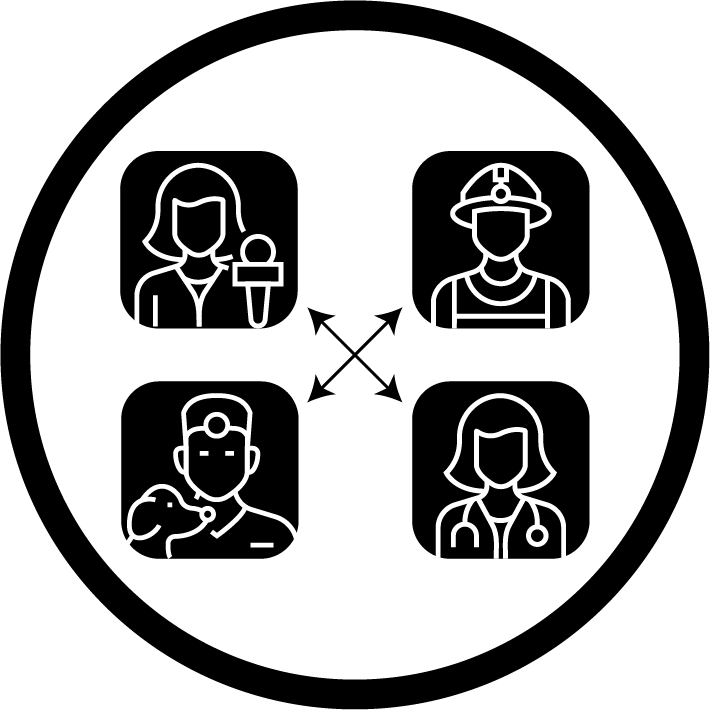
- Fitness Manager
- Nutritionist
- Personal Trainer
- Physiotherapist
- PE Teacher
- Sports Administrator
- Sports Analyst
- Sports Coach
- Sports Development
- Sports Psychologist
Student Profile: Ylenia
 Ylenia's subjects
Ylenia's subjects
A Level Media Studies
A Level Physical Education
BTEC Business
Community Sports Leadership Award (CSLA)
I want to become a professional athlete and possibly study Sports Science at university. Taking the Community Sports Leadership Award as part of the Enrichment scheme has helped me to develop my skills and knowledge in a variety of subjects, whilst supporting me with my training commitments.








